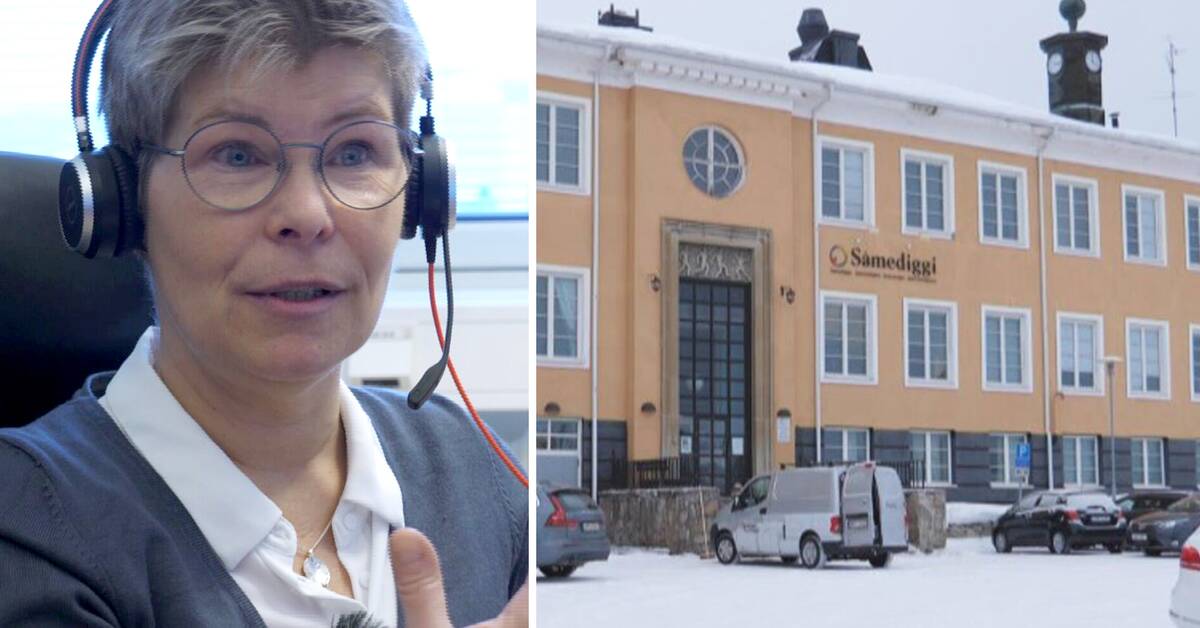Ulrica Hannu and her colleagues in the Sami Parliament have busy days.
They have meetings with a large number of authorities to determine which of the authorities' matters are to be consulted with the Sami Parliament, Sami villages and Sami organizations.
- So far, no request has been received now the first day, she says before she logs in to a digital meeting with an authority.
The law will be extended in two years
In two years, regions and municipalities will also be subject to this law.
The Sami Parliament has provided guidance on how the consultation should be carried out.
For example, in a case concerning a Sami village, both the Sami village and the Sami Parliament must be consulted.
Can it be difficult to decide what to consult?
- It can be difficult with the authorities we have not had much contact with.
They do not really know which matters may be relevant and then you have to take several meetings in a row.
With the authorities we have had meetings with so far, it has been almost exclusively about land issues, says Ulrica Hannu.
Been a long process
The Sami Parliament received four million kronor for 2018 earmarked for work on a consultation scheme.
But it took some time before the parties in the Riksdag could agree on a consultation procedure.
Minister of Culture Jeanette Gustafsdotter said when the law was hammered through that "this is a very important step in strengthening the rights and self-determination of the Sami people".
But the consultation procedure has also received a lot of criticism.
The Swedish Sami National Association has emphasized that it does not consider that the consultation scheme meets the requirements set by indigenous peoples' law with regard to the rights of the Sami villages.

